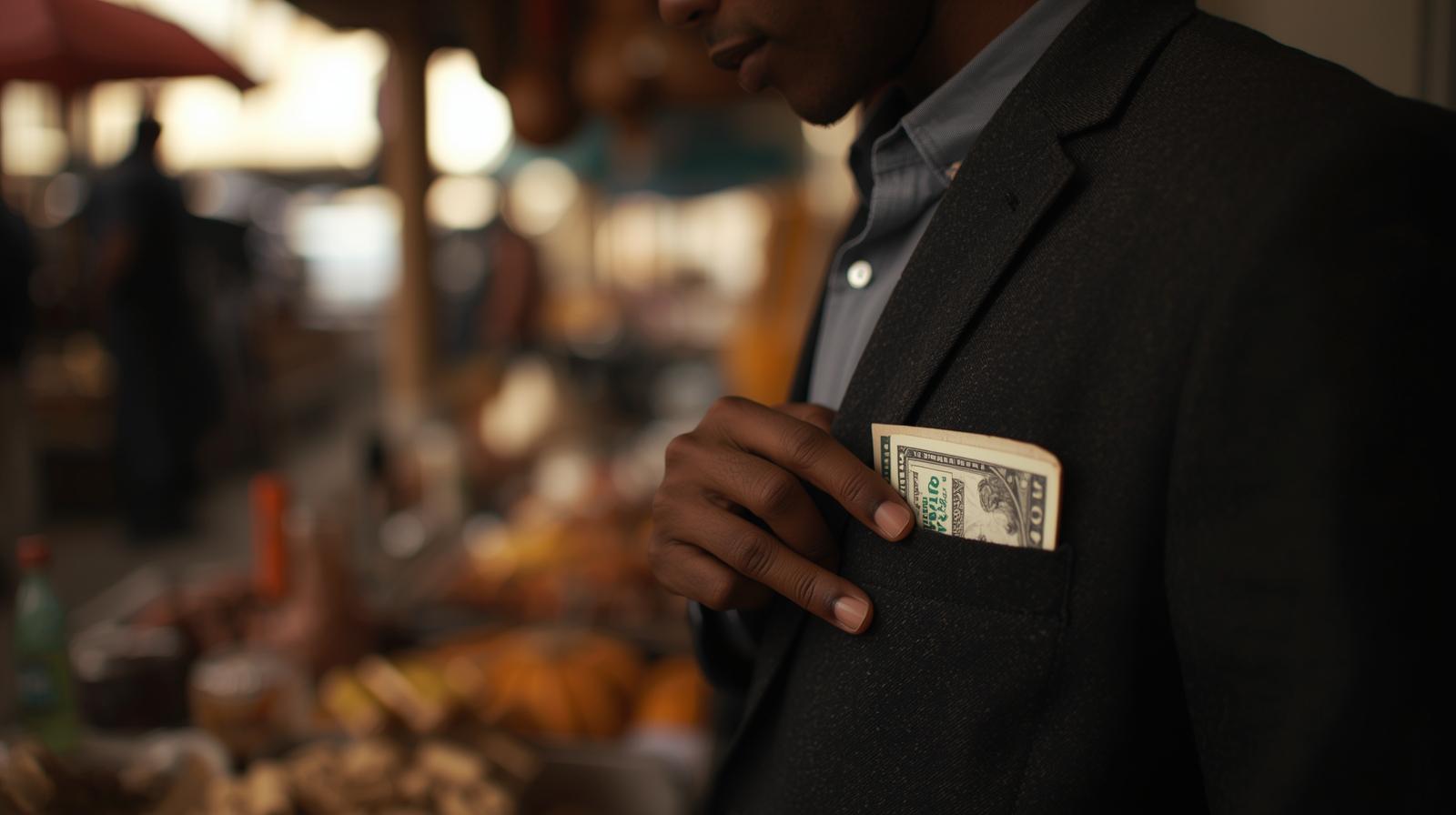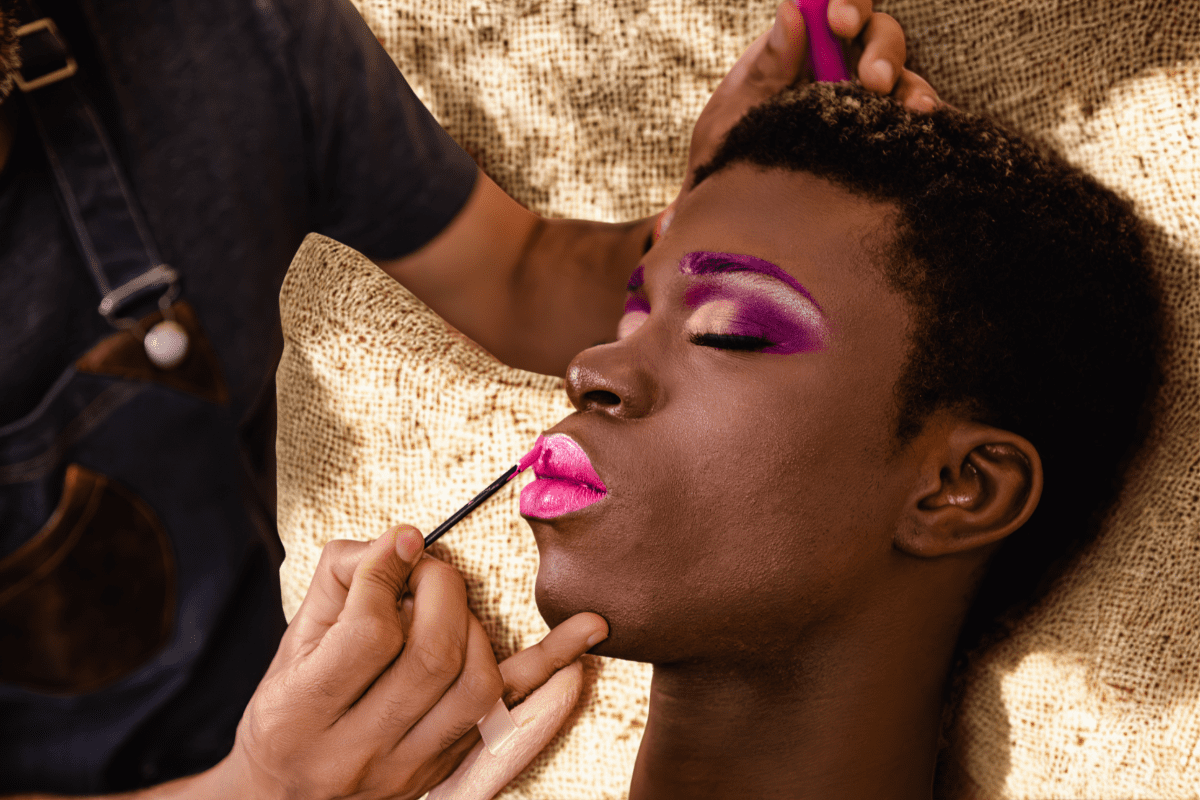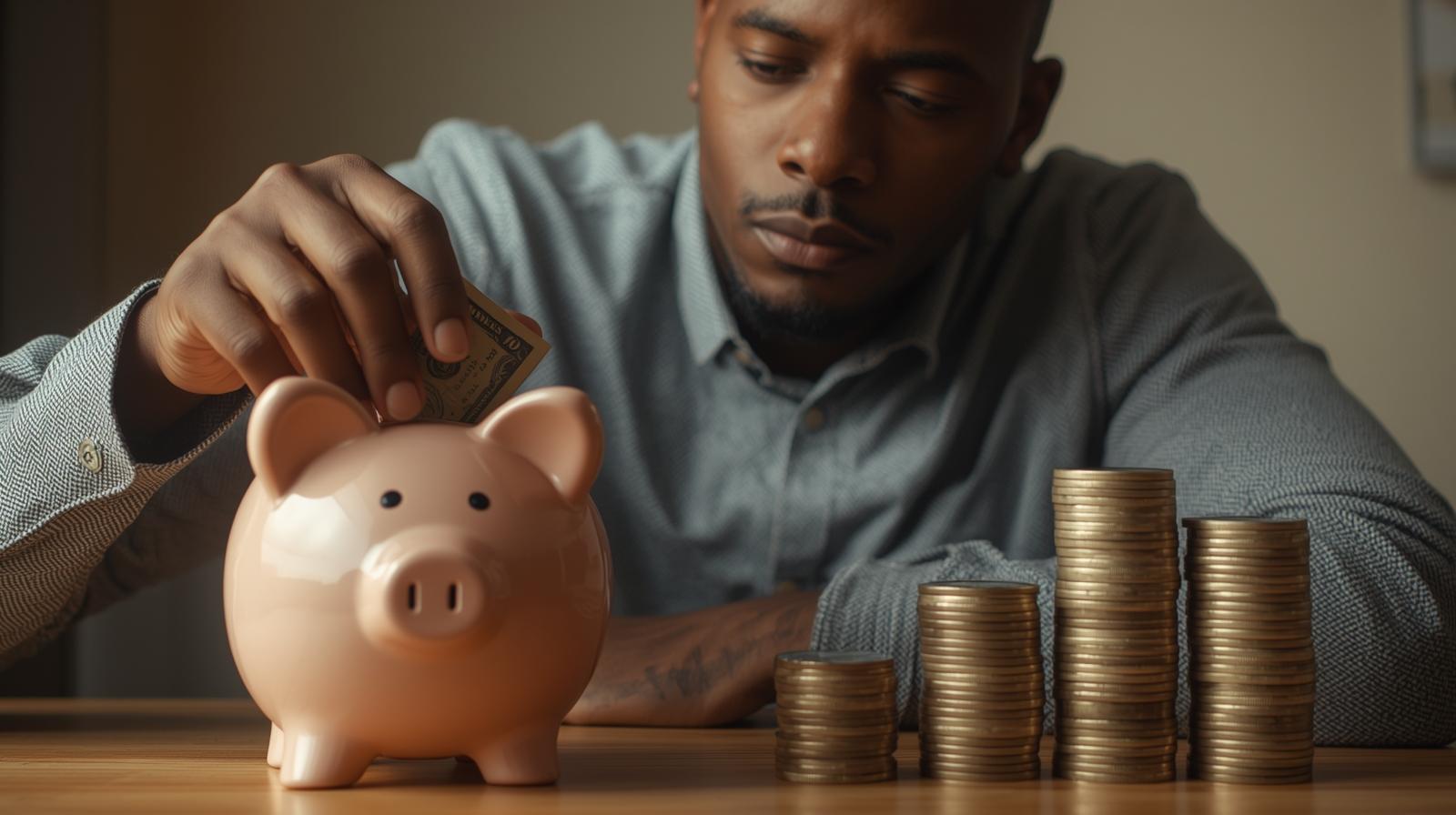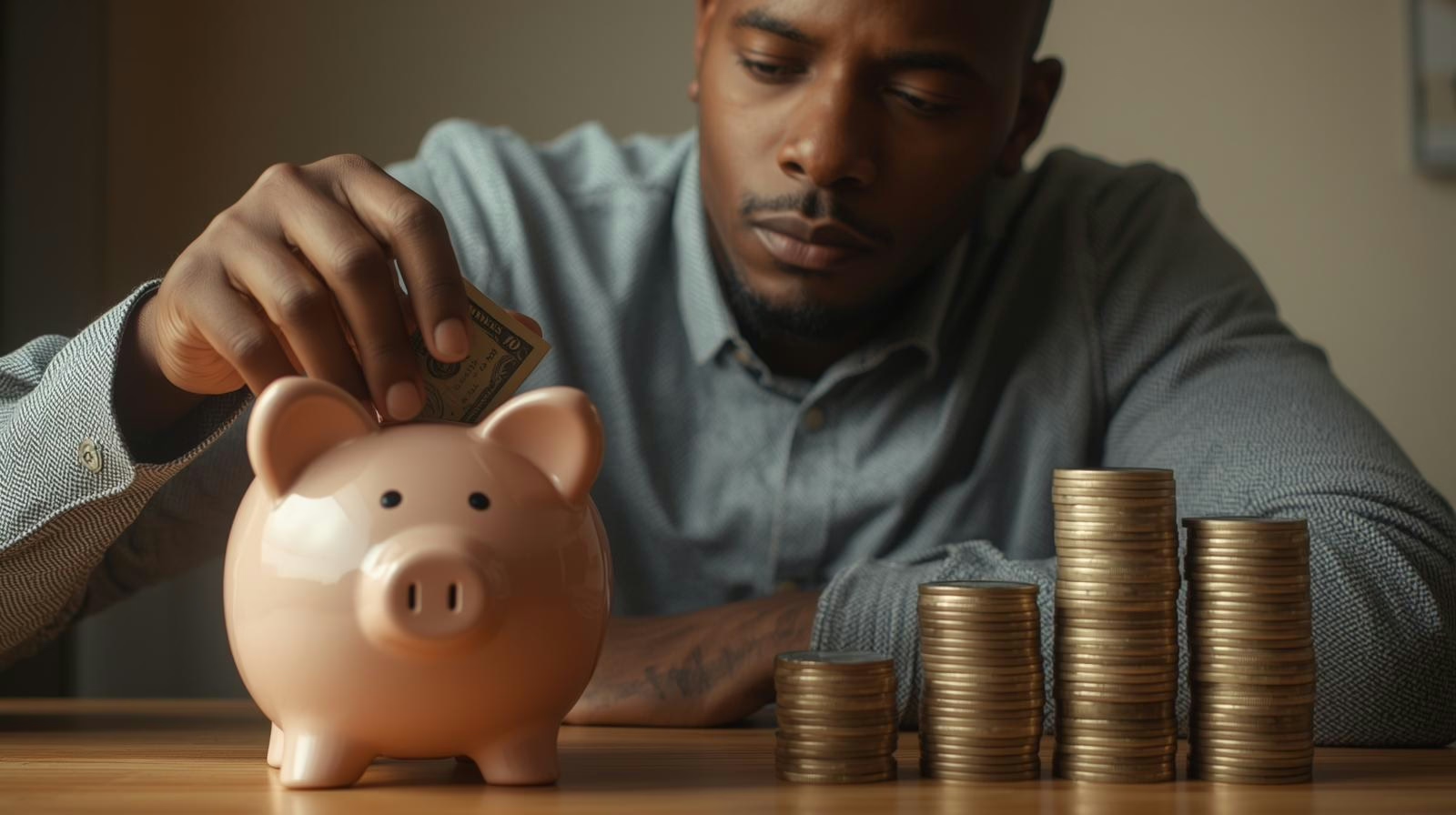In Nigeria, money is already a burden. Inflation bites hard, jobs are scarce, and survival often feels like a gamble. But for LGBTQ+ Nigerians, finances come with a second layer related to hidden costs tied to safety, stigma, and identity.
A recent survey of 15 queer Nigerians sheds light on what life looks like when sexuality shapes spending. The findings reveal not just money struggles, but the quiet strategies LGBTQ+ people adopt to stay alive in a country where being yourself can be dangerous.
For most people, expenses mean rent, food, and transportation. But for LGBTQ+ Nigerians, safety comes with a price tag.
- 80% of respondents said they regularly spend extra on things like discreet housing, condoms, HIV testing, and emergency cash for relocation.
- Nearly 1 in 3 estimated these hidden costs at more than ₦500,000 a year, while the majority (60%) said they spend under ₦100,000.
One man explained: “I budget carefully, but safety is like another bill. I can’t ignore it.” Another respondent admitted to abstaining from sex most of the time, not because of religion or preference, but to avoid financial strain.

For a question whether their sexuality affected how they earn, save, or spend, 12 out of 15 (80%) said yes. Some felt the pressure mostly in their spending habits, like choosing safer transport options at night or paying for queer-friendly doctors. Others said saving was harder because money must always be ready for “emergency getaways.”
One respondent summed it up bluntly: “All the above.”
Workplace discrimination was another theme. While 40% said they had never felt directly discriminated against at work or school, the remaining 60% admitted it had shaped their income in some way.
For some, it meant avoiding certain jobs. For others, it meant being overlooked for promotions. One woman shared: “It didn’t cut my pay, but it made me uncomfortable enough to quit.”
The ripple effect is that even when discrimination against LGBTQ+ individuals doesn’t directly reduce income, it often limits ambition, opportunity, and job stability.
Hustles and side jobs for LGBTQ+ Nigerians
Survival often means turning to side hustles. In the survey, the most common income streams were:
- Fashion and design (6 respondents)
- Catering and cooking (3 respondents)
- Media and creative work (2 respondents)
- Sex work (2 respondents)
- Tech freelancing (2 respondents)
Why these jobs? Respondents said they offered flexibility, community, and in some cases, privacy. One participant admitted candidly: “Prostitution. I can’t say why, but it’s what some people around me do.”
Another, a freelance designer, explained: “It’s the only place I can express myself without constant judgment.”

Navigating the financial system
Banks and fintech apps are essential in Nigeria, but they can feel risky. Two-thirds of respondents said they use them “freely,” while others admitted they hide parts of their lives when it comes to transactions.
Read also: How fintech platforms are reinventing the Alajo/Esusu model in Nigeria
For many, fintech alternatives like crypto wallets, thrift groups (ajo, esusu), and diaspora transfers make survival easier. One person said, “I keep some money in crypto because it feels safer; nobody is asking me questions there.”
Yet, only 20% reported joining queer thrift groups, showing how mistrust within and outside the community limits collective saving strategies.
If money is tight, the community often fills the gap. 70% of respondents said financial support from friends, partners, or Nigerians abroad was either “important” or “somewhat important.”
One young respondent put it simply: “If not for my partner and friends, I don’t think I’d be surviving.” Another noted that diaspora networks often play the role banks and institutions refuse to, providing emergency funding with no judgment.
The “What If” Question
The survey ended with a powerful prompt: What would you do differently with your money if Nigeria were safer?
The answers painted a picture of lost potential:
- 40% said they would invest.
- 30% said they would support their families and community more.
- 20% said they would save for the future.
- One person simply answered: “Nothing. I’ve stopped dreaming.”
The longing was that without the constant fear tax, queer Nigerians would channel money into growth, not just survival.

The secret finances of Nigerian LGBTQ+ people are a story of resilience, but also of theft. Not theft by fraudsters or failed banks, but by a hostile society that forces people to divert income toward safety, secrecy, and survival.
Every ₦10,000 spent hiding is ₦10,000 not invested. Every year of cautious hustling is a year of delayed ambition. The survey doesn’t just highlight the hidden costs of queerness in Nigeria; it reveals what the country is losing by keeping so many of its citizens in financial shadows.


















0 Comments